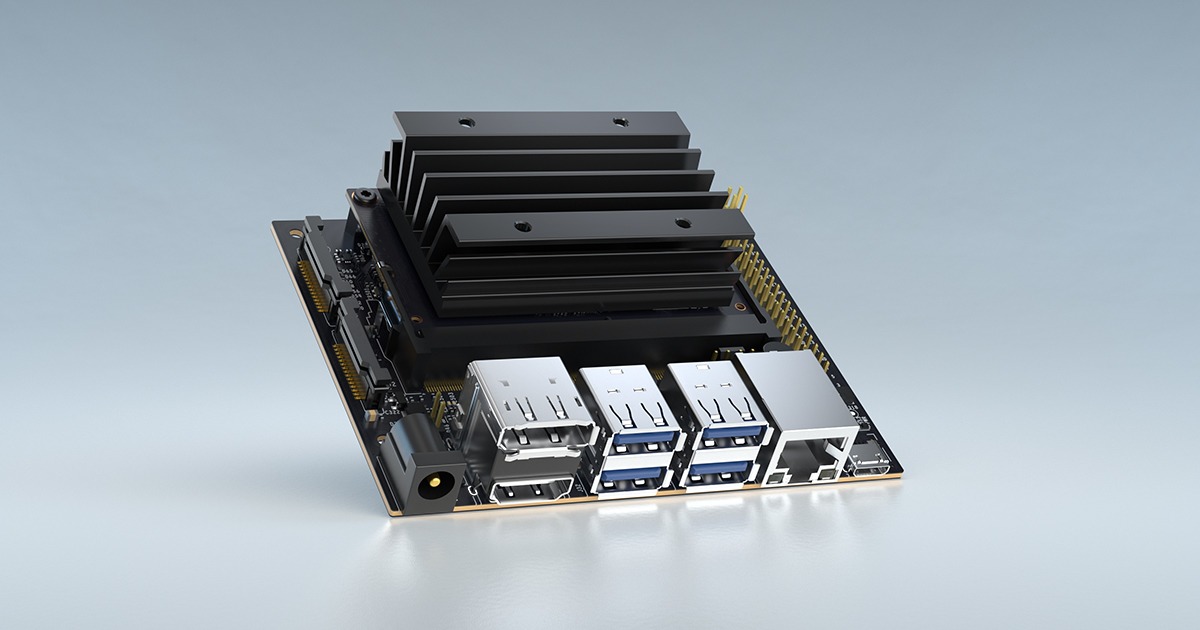Introduction:
In today's rapidly advancing world, technology is evolving at an unprecedented pace. One of the most promising breakthroughs in recent years is the development of nano computing systems. These cutting-edge systems are changing the landscape of computing by utilizing nanoscale components to perform complex operations with unprecedented efficiency and speed. In this blog post, we will delve into the world of nano computing, exploring its fundamentals, potential applications, and the remarkable impact it could have on the future of technology.
Introduction to Nano Computing Systems
Nano-computing systems are a new breed of technology that takes advantage of nanoscale components, which are incredibly small structures with dimensions in the range of 1 to 100 nanometers. These tiny components enable the creation of ultra-compact, energy-efficient, and powerful computing systems that are poised to revolutionize various industries and fields.
The Science Behind Nano Computing
a. Nanoscale Components
The core of nano-computing systems lies in the nanoscale components that make up their architecture. These components include nanotransistors, nanowires, and other nanoscale elements that are able to perform complex tasks while consuming minimal power and space. The miniaturization of these components has paved the way for the creation of highly efficient and powerful computing systems.
b. Quantum Computing and Nano Computing
While nano computing is often associated with quantum computing, it is essential to distinguish between the two. Quantum computing is based on the principles of quantum mechanics and relies on qubits instead of traditional bits for processing information. Nano-computing, on the other hand, focuses on the miniaturization of traditional computing components to enhance performance and efficiency. Both technologies hold immense potential for the future, but they operate on different principles and have distinct applications.
Benefits and Advantages of Nano Computing Systems
a. Speed and Efficiency
Nano-computing systems offer remarkable speed and efficiency compared to their traditional counterparts. The use of nanoscale components allows for faster data processing and transmission, enabling these systems to perform tasks at a much quicker pace. This can have a profound impact on various fields, including data analysis, artificial intelligence, and scientific research.
b. Energy Consumption
One of the most significant advantages of nano-computing systems is their reduced energy consumption. With the miniaturization of components, these systems require less power to operate, making them more energy-efficient and eco-friendly.
c. Size and Portability
The small size of nano computing systems allows for greater portability and integration into various devices and applications. From wearable technology to medical implants, the possibilities for integrating nano-computing systems are virtually limitless.
Potential Applications of Nano Computing Systems
a. Medical and Healthcare
Nano-computing systems have the potential to revolutionize the medical and healthcare industries by enabling the development of advanced diagnostic tools, targeted drug delivery systems, and even nano-scale surgical instruments.
b. Artificial Intelligence and Robotics
The speed and efficiency of nanocomputing systems can greatly enhance the capabilities of artificial intelligence and robotics, paving the way for smarter and more versatile machines that can learn and adapt to their environments.
c. Telecommunications and Networking
By increasing the speed and efficiency of data transmission, nano-computing systems can help improve the performance of telecommunications networks and enable the development of faster and more reliable internet services.
d. Space Exploration and Research
The lightweight and energy-efficient nature of nano-computing systems makes them ideal for space exploration and research, where reducing technology's size and power consumption is of utmost importance.
Challenges and Limitations of Nano-Computing Systems
Despite their immense potential, nano-computing systems face several challenges and limitations, including manufacturing difficulties, heat dissipation issues, and concerns related to cybersecurity and privacy. Continued research and development are essential to overcoming these challenges and unlocking the full potential of nano-computing systems.
a. Manufacturing Challenges
The fabrication of nanoscale components requires advanced manufacturing techniques and specialized equipment. As the components become smaller, the manufacturing process becomes more complex and expensive. Further research and development in this area are necessary to lower production costs and make nano-computing systems more accessible.
b. Heat Dissipation
As nano-computing systems become more powerful and compact, heat dissipation becomes a critical concern. Excessive heat can lead to reduced performance and even system failure. Engineers and scientists are working on innovative solutions to manage heat dissipation effectively and ensure the longevity and reliability of these systems.
c. Cybersecurity and Privacy
The increased connectivity and integration of nano-computing systems into various applications and devices also raise concerns about cybersecurity and privacy. Ensuring the security of data and communications within these systems is essential to prevent unauthorized access and protect user privacy.
Conclusion
Nano-computing systems hold immense potential to transform the future of technology by offering unparalleled speed, efficiency, and versatility. While challenges and limitations still exist, ongoing research and development efforts are paving the way for exciting advancements in various industries and fields. As nano-computing systems continue to evolve, we can expect to witness groundbreaking innovations that will redefine the way we live, work, and interact with technology.
Reference here

Comments
Post a Comment